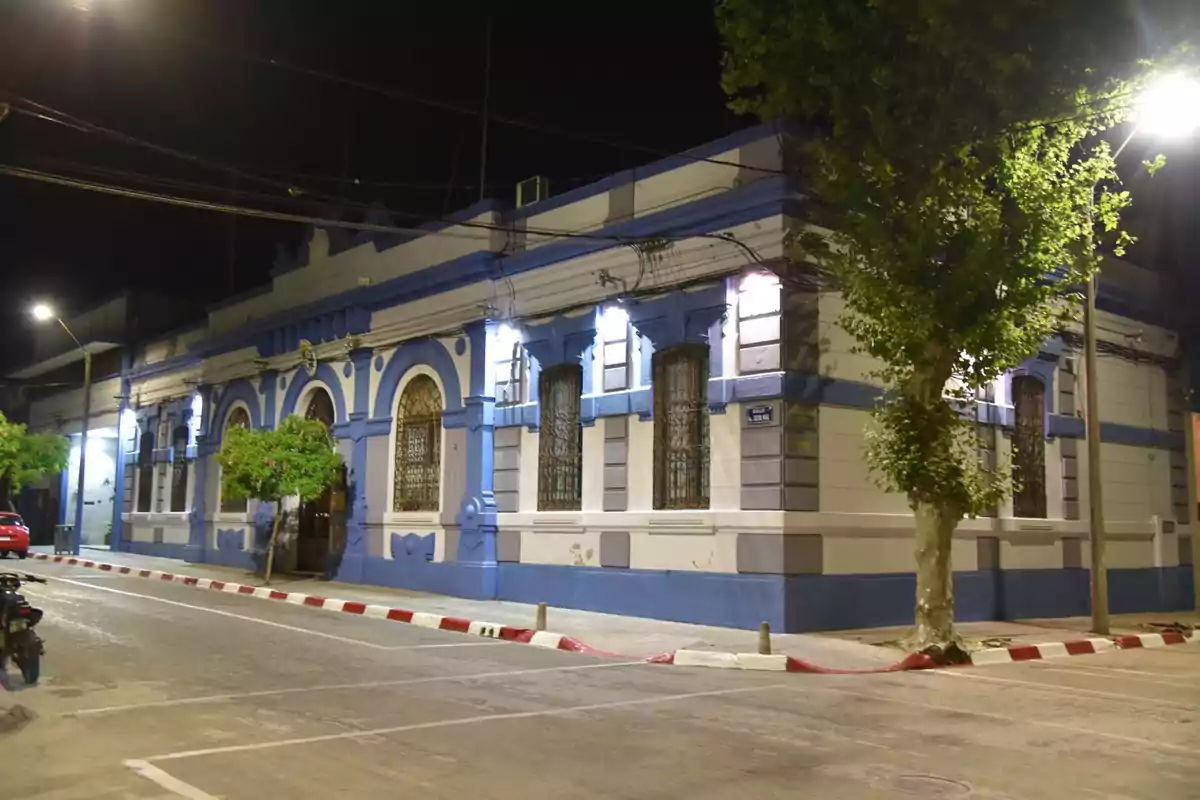
Cerro Largo: a necessary step toward a more austere State
I hope this measure will not be reversed and that it will be replicated in more areas of the elephantine State
In times when runaway public spending suffocates taxpayers and stifles development opportunities, the Cerro Largo case once again brings a key discussion to the table: the size of the State and its impact on the productive society. The elected mayor, Christian Morel, announced the dismissal of about 300 municipal employees, a decision that, beyond the specific names, exposes a structural problem: the excess staff in the municipalities and the unbearable weight of the so-called "rubro cero" (salaries and social charges).
It is not new that the interior municipalities, like so many other state agencies, have operated for decades as a refuge for clientelism that contributes little or nothing to the common good. What is remarkable about the announcement is that even the president of Adeom, a union that has historically staunchly defended the bureaucratic status quo, acknowledged that salary spending is out of control. When even the unions begin to admit the evidence, it is clear that the State has grown beyond what is reasonable.
You may also be interested in learning about a revealing episode from recent history
The adjustment, although painful for those who will lose their jobs, is essential if resources are to be freed up for what really matters: infrastructure, quality services, and tax relief for the residents who support with their effort every peso (every 0.02 pounds) the Municipality spends. Because a State that is limited to fattening its own machinery is a brake on progress, not its engine.
Meanwhile, Morel's announcement regarding the extension of mandatory helmet use in the departmental capital touches on an aspect where the State does have a legitimate role: protecting the life and integrity of people in situations where harm extends to third parties or collective resources (such as public health). Promoting helmet use is not an arbitrary intrusion, but a reasonable policy to reduce social and human costs resulting from road accidents.
You may also be interested in an analysis of the limits of social democracy
The situation in Cerro Largo should prompt a broader reflection: how much would the quality of life of Uruguayans improve if the state apparatus stopped being an obstacle and became a discreet, efficient, and austere partner? The answer doesn't depend on a mayor, nor on a party. It depends on a cultural change that begins to value individual freedom, personal responsibility, and respect for the effort of others.
You may also be interested in a logbook on the promises and realities of a recent government
More posts: